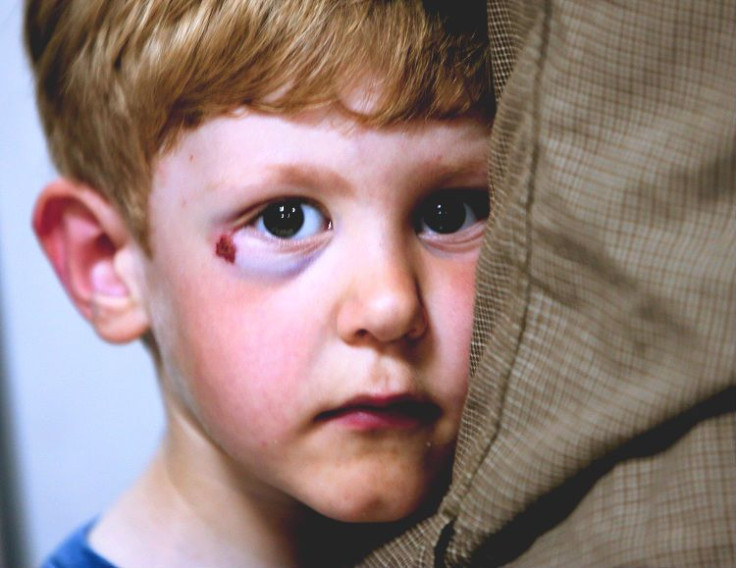Childhood Sexual Abuse Triples Risk of Heart Attack in Men

Boys who have been sexually abused are three times more likely to experience a heart attack as men compared to those who have never been sexually abused, according to a new study.
While the study, published in the journal Child Abuse & Neglect, found no association between childhood sexual abuse and heart attacks among women, researchers found that men who reported being sexually abused by someone close to them before they turned 18 were significantly more likely to experience a heart attack.
Researchers from the University of Toronto examined gender-specific differences in a representative sample of 5,095 men and 7,768 women who were 18 and over. All participants had been drawn from the Center for Disease Control's 2010 Behavioral Risk Factor Surveillance Survey.
Results from the study showed that a total of 57 men and 154 women reported being sexually abused by someone close to them before they turned 18 and 377 men and 285 women said a healthcare professional had diagnosed them with a heart attack or myocardial infarction.
Lead researcher Esme Fuller-Thompson and Professor Sandra Rotman Chair at University of Toronto's Factor-Inwentash Faculty of Social Work, found that men who reported being sexually abused as children were particularly vulnerable to having a heart attack later in life.
"We had expected that the abuse-heart attack link would be due to unhealthy behaviors in sexual abuse survivors, such as higher rates of alcohol use or smoking, or increased levels of general stress and poverty in adulthood when compared to non-abused males," Fuller-Thompson said in a statement.
"However, we adjusted statistically for 15 potential risk factors for heart attack, including age, race, obesity, smoking, physical inactivity, diabetes mellitus, education level and household income, and still found a three-fold risk of heart attack," she added.
Researchers were unsure as to why men who were sexually abused as children are at a higher risk for heart attacks than their female counterparts, but said that the results suggest that "the pathways linking childhood sexual abuse to physical health outcomes in later life may be gender-specific," co-author Sarah Brennenstuhl said in a statement.
Brennenstuhl said that the female abuse victims may be less susceptible to heart attacks because they adopt different coping strategies than males and are more likely to get the support and counseling needed to deal with their sexual abuse.
Researchers noted that the findings needed to be confirmed in future larger scientific studies before they can be sure of the link.
"But if other researchers find a similar association, one possible explanation is that adverse child experiences become biologically embedded in the way individuals react to stress throughout their life, particularly with respect to the production of cortisol, the hormone associated with the "fight-or-flight" response. Cortisol is also implicated in the development of cardiovascular diseases," Fuller-Thomson concluded.
Published by Medicaldaily.com



























